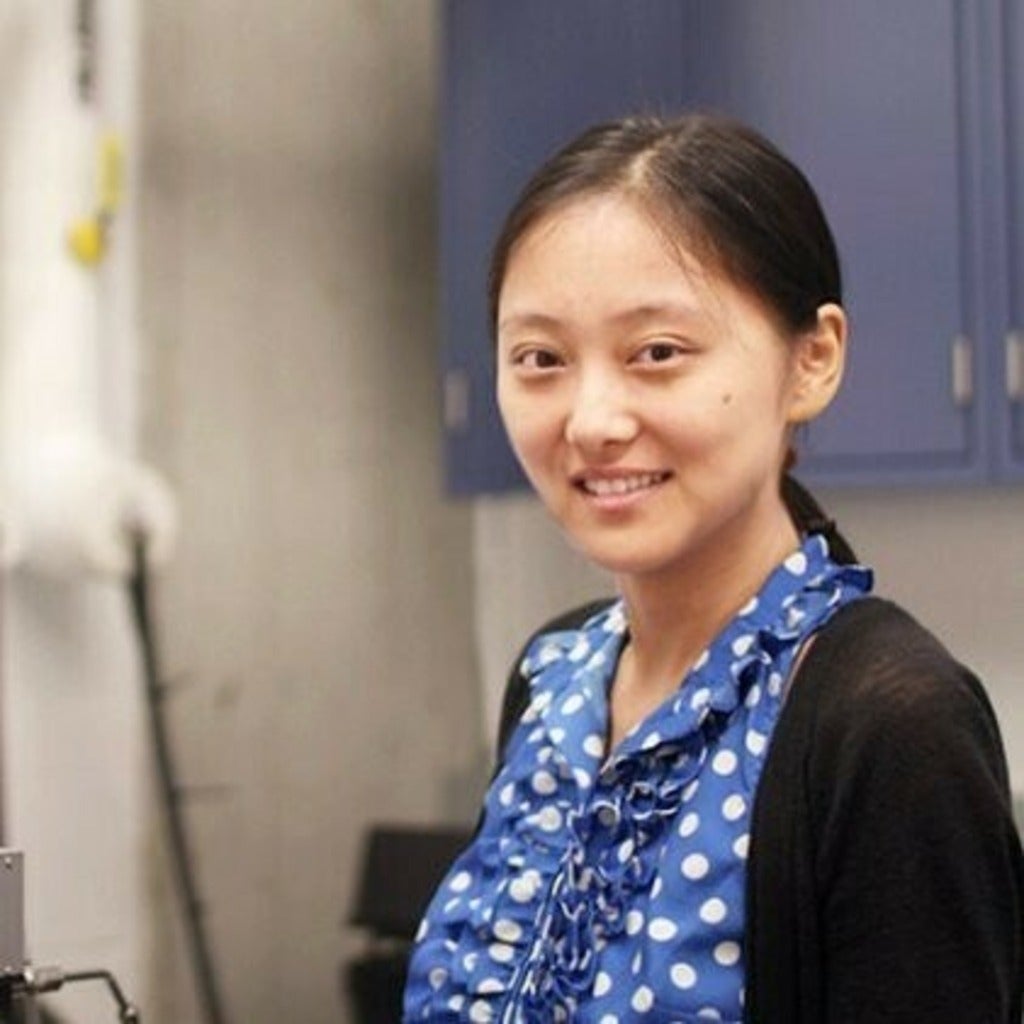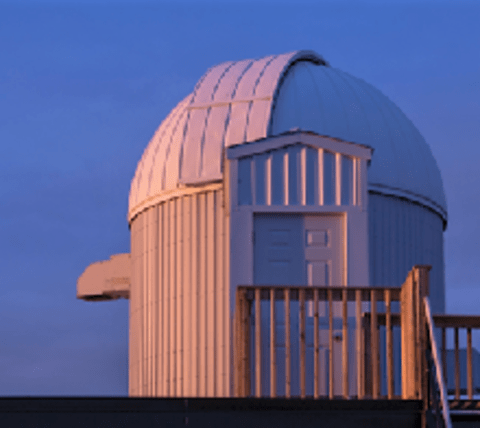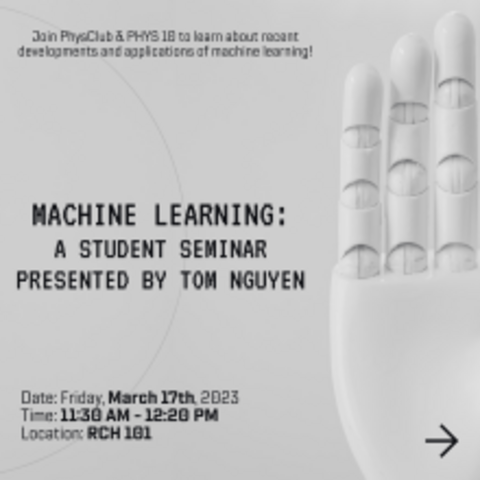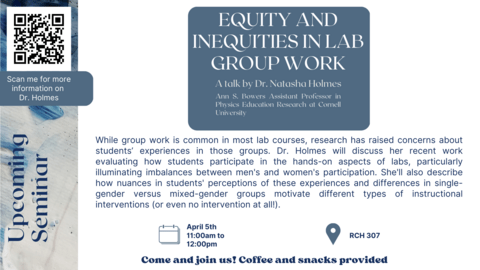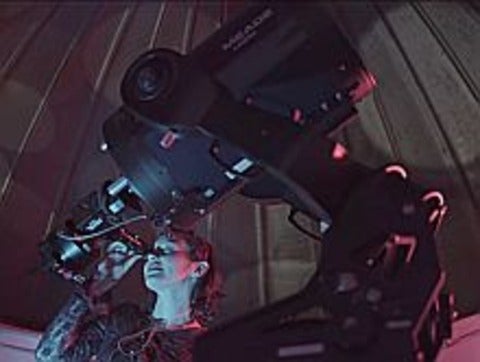Magnetic resistance switching material
A quantum material is a complex system in which electrons interact strongly and collaboratively. As such, quantum mechanics plays a dominant role in the versatile materials that allow us to explore emergent quantum phenomena as well as their potential applications in future technologies.
